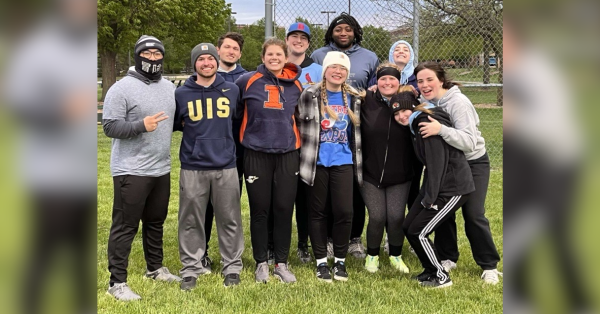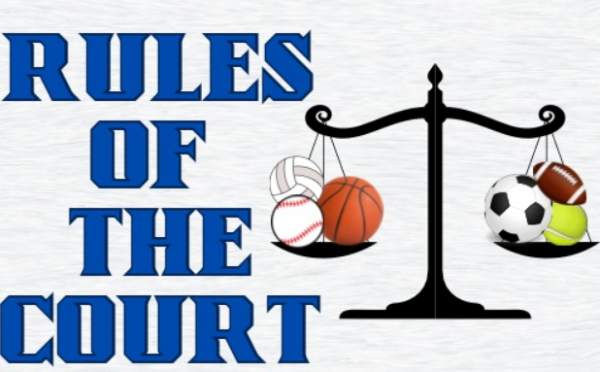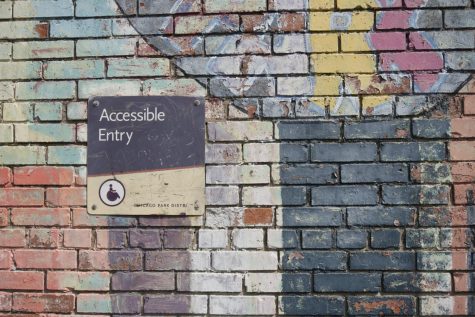American Grandstand
Social media has experienced several changes over its relatively brief lifespan. Once used to find the nearest campus party, Facebook’s digital metamorphosis has changed the platform from a place where users traded their FarmVille crops for digital soapboxes.
Since 2020, we have seen social media rapidly change into a place where the users feel compelled to give their two cents about overly complex issues and situations. From the Coronavirus to the killing of George Floyd – oh, and a Presidential election – there was no shortage of arguments to take part in. With many people out of work, more social media users found time to dip their toes into political discussions with many others – for better or worse – diving into the shallow end of the conversation pool.
Many people on social media lack the mental bandwidth required to truly absorb all the issues that have caused outrage just within the last six months. When the United States ended its military occupation of Afghanistan, many Americans (a majority of whom identify as anti-imperialists) were outraged and suggested that our service people had a moral obligation to stay and continue to protect Afghani citizens from The Taliban.
After a few days’ worths of strongly-worded statements and ‘clicktivism,’ the conversation ceased, and concern dissipated like a thunderstorm on an April afternoon as the Afghani people literally became “yesterday’s news.”
The problem is that it looks and feels like Americans tend to treat these events to accumulate Karma points. It has become trendy for people to show support for marginalized groups and populations while making sure that their statements are seen by their peers who – to little surprise – have the exact sentiment down to the word. It is like one person does the homework and everyone else passes around the answer key – with very few willing to form an independent thought.
There is a line between a compassionate show of support and what a good friend of mine dubbed “performative wokus pocus”. Recently, a lot of people posted messages in support of Ukraine from their private Facebook accounts as if the Russian government would see their status and say, “Ya know, maybe that guy from Ohio is right. Demitri – power down the tanks and release the doves!”
It is a beautiful thought but – I hate to admit – the constant grandstanding is irritating. It is a strange thing to feel bothered by – but maybe it is because I feel I have seen this template too many times. Social media users get the opportunity to show their peers that they are good people and while their social credit standing increases, the unfortunate people at the center of whatever the current crisis may be are treated like fast fashion. Cheaply manufactured and thrown out when the next important thing comes around.
The inherent need for social media users to oversimplify a crisis while somehow simultaneously finding a way to insert themselves into the narrative as victims come across as ignorant, inauthentic, and self-serving. It feels like #Kony2012 is happening every other week. We owe it to the people suffering to stop using them as props for our own stage show.









